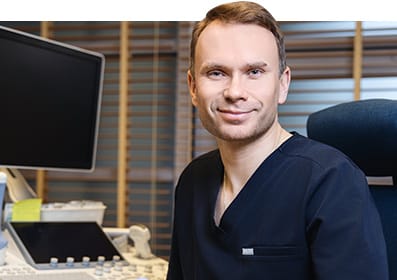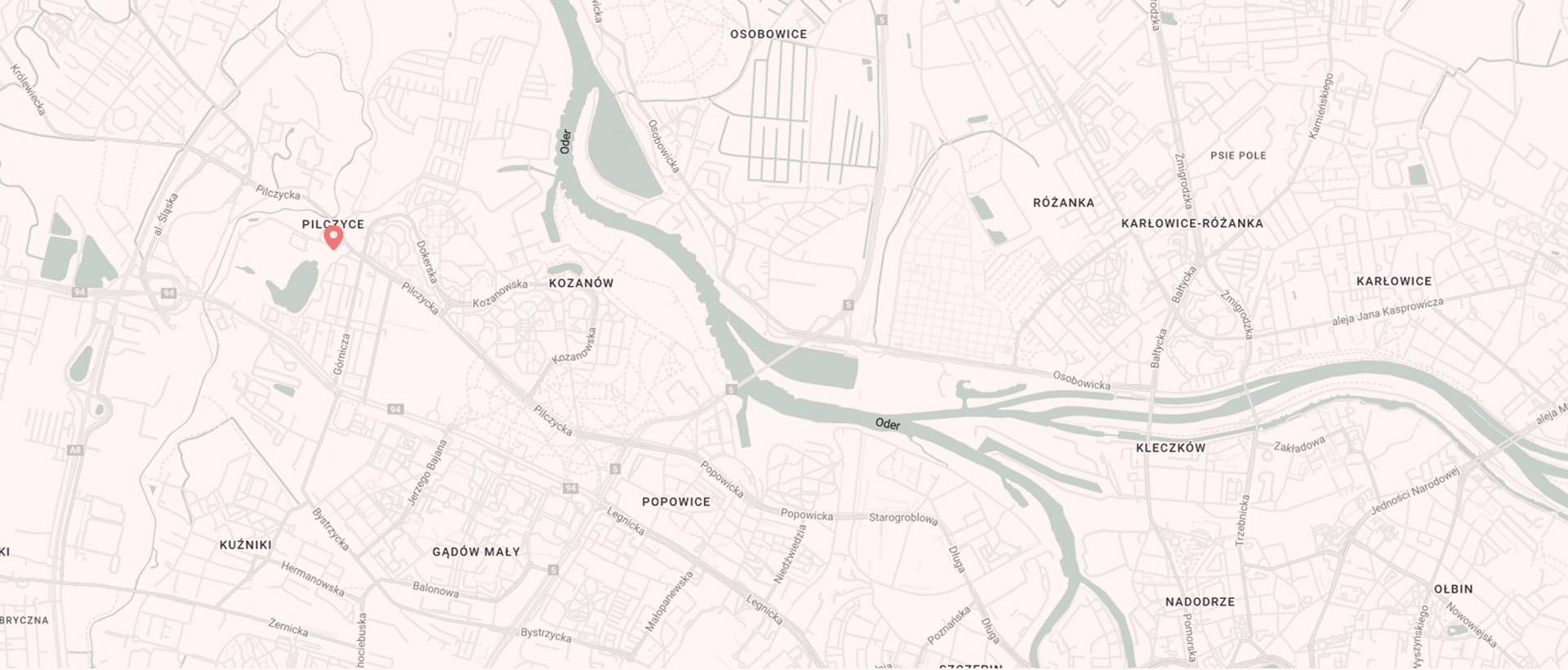
Imagine being unable to function normally each day because of extreme pain.
You can’t enjoy music, read a book, or go to the cinema with friends. The pain is so unbearable that it keeps you from working.
This is what living with endometriosis can look like.

Endometrial cells located outside the uterus—such as on the ovaries, bladder, intestines, peritoneum, pelvic nerves, liver, stomach, diaphragm, or even the brain—respond to hormonal cycles, proliferating and triggering local inflammation. As a result, bleeding lesions form in these ectopic sites.
There are several theories about the development of endometriosis, including retrograde menstruation (where menstrual blood flows backward through the fallopian tubes), the metaplasia theory (suggesting that certain cells can transform into endometrial-like cells), and the induction theory (proposing that blood or lymphatic cells can convert into endometrial tissue).
Current research into the genetic basis of endometriosis offers promising insights, but no single theory fully explains the disease’s complex origin.
Competencies



Advantages of diagnostics
The only surgical method for treating endometriosis currently recommended by experts is minimally invasive laparoscopic surgery—commonly known as “keyhole” surgery. The most critical procedure is the first one, often referred to as “First Shot Surgery.”
If this initial operation is performed incorrectly—by non-expert surgeons or in centers that lack specialization in the complete excision of at least 95% of visible endometrial lesions and associated tumors—it can have long-lasting negative consequences for the patient.
Improperly conducted procedures significantly increase the risk of disease recurrence and may affect the patient’s quality of life for years to come.
Discover our approach:








Team
As you can see, diagnosing and treating endometriosis is not easy. However, a woman fighting this disease with the support of the right specialists can change her life.
The Endometriosis Institute brings together specialists for whom overcoming endometriosis is a primary mission. Every day we strive to enable women who seek our help to function normally.

MD, PhD
Specialist in gynaecology, is one of Poland’s leading experts in operative gynaecology, minimally invasive and laparoscopic surgery.

PhD
A gynaecology specialist and endometriosis expert. A graduate of the Medical University in Wroclaw, where he received the Rector’s Award and completed his PhD at the Postgraduate Education Faculty.

Med.
A specialist in gynaecology and obstetrics, and an expert in the diagnosis and treatment of endometriosis. He graduated with honours from the Medical University in Wroclaw.

EuroMediCare Specialist Hospital
Pilczycka 144, 54-144 Wrocław

Parking
There is a convenient parking lot at the hospital, which is available free of charge to patients and their guests.

Adaptation for the disabled
The entrance to the hospital building allows easy and collision-free wheelchair access. The building also has an elevator.

Friendly neighborhood
Just behind the hospital is Pilczycki Park with a picturesque pond, where our patients like to relax during walks.
Time for a change
Take advantage of the quick registration for your first visit and start changing your life now:
Individual Patient Coordinator:

Karolina Penkala
888 724 444
Email contact:
instytutendometriozy@emc-sa.pl